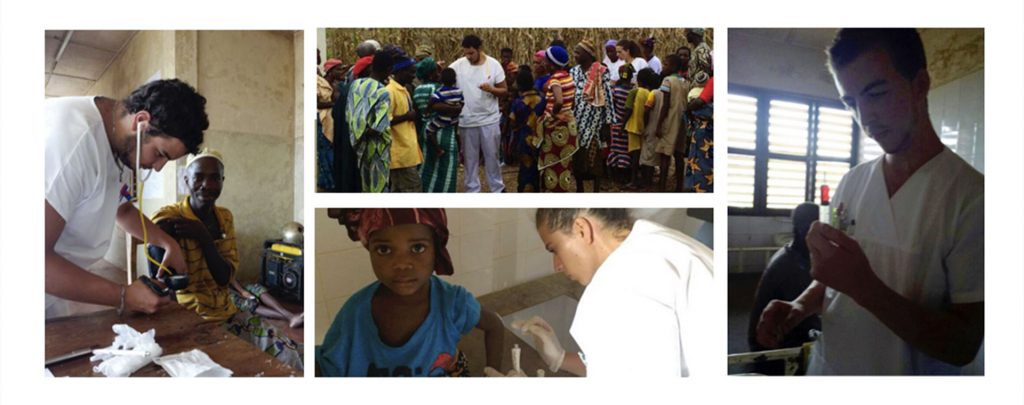
The Background of Healthcare in Africa
Most countries in Africa have opted for the social component of Health for All by adopting the Primary Health Care (PHC) strategy contained in the Declaration of Alma Ata (1978), the main principles of which relate to equity, participation community and intersectoral collaboration.
Major socio-health problems in Africa
Life expectancy at birth, which was 36 years in 1950, has progressed well, but remains at a fairly low level: 63.3 (source: United Nations- World Population Prospects, 2019). Similarly, the rate of infant mortality improves, but remains at high levels with 43 deaths per 1000 live births as per now (ibid).
This low level of life expectancy of African populations is due to the socio-health problems experienced in Africa. Among these problems, there is the problem of water sanitation and access to drinking water in rural areas, which appears essential because the statistics are formal. Waterborne illnesses account for 54% of all illnesses in Africa.
Another cause for concern is the AIDS virus, which is on the rise. As for Malaria, it is the leading cause of death in children from 0 to 5 years old.
Consequently, actions must be initiated as much as possible to provide very fair solutions to these socio-health problems experienced by our populations. It is with this in mind that Feed Needs Without Borders organizes actions which generally relate to:
- AIDS pandemic
- Fight against endemic diseases
- Hygiene problem
- Health promotion.
- Malnutrition
